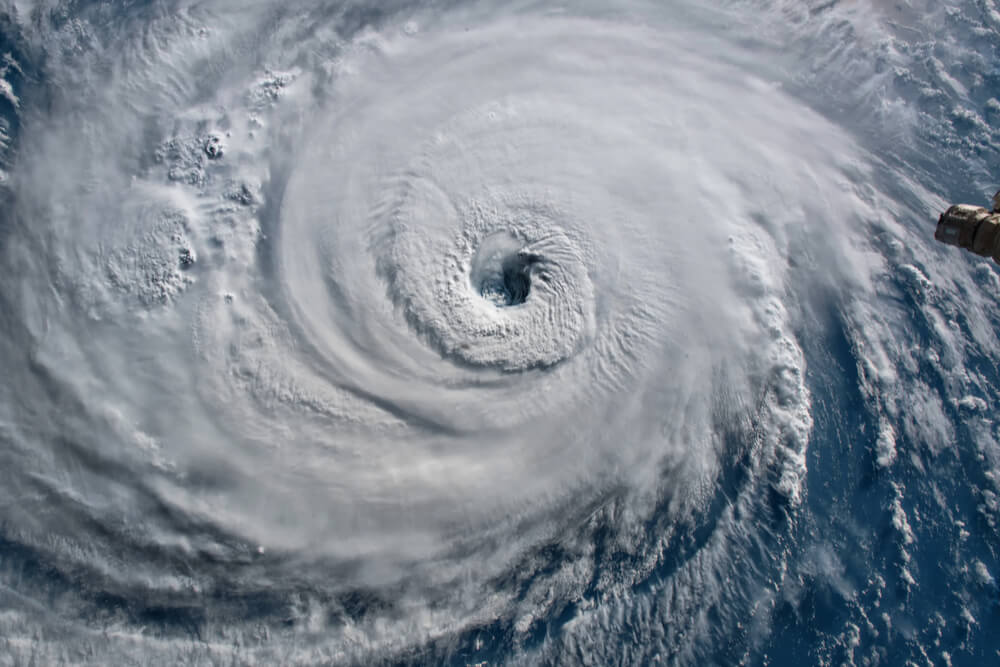
Hurricane Ian caused temporary port closures along Tampa Bay, Jacksonville, Savannah and Charleston as it rocked communities and the supply chain. The delays in offloading cargo vessels bound for Florida, Georgia, and South Carolina ports are created supply chain speed bumps.
“The hurricane-related rain and wind and the resulting flooding disrupted key gasoline supply chains to the state. Florida does not have any refineries or gasoline pipelines that connect it to states with excess supply. Florida’s gasoline is delivered by ship from domestic and international sources. Because of the storm, several ports were temporarily closed, and the remaining ports were open with restrictions,” according to the U.S. Energy Information Administration (EIA).
“Some gasoline shipments arrive in Florida by both pipeline and truck. At a terminal in Bainbridge, Georgia, gasoline is transferred from the Colonial Pipeline system to a long-distance tanker truck for delivery to the Florida panhandle. Trucks and barges (moving by the Intracoastal Waterway) from nearby refineries in Alabama and Mississippi supply the rest of western Florida,” the EIA reported.
The EIA also indicated the fuel supply chains rely on open ports to pick up and transport gasoline and truck diesel through the following supply routes.
- Western Florida: Fuel trucked from terminals in the Port of Tampa
- Southern Florida: Fuel trucked from terminals in Port Everglades, just north of Fort Lauderdale
- Central Florida: Fuel transported by pipelines from Tampa, with some petroleum products trucked from Port Canaveral on the Atlantic Coast.
- Northeastern Florida: Fuel trucked from terminals in the Port of Jacksonville.
A combination of port closures and roads that were impassable has set the clock back on gas and diesel movement. Fuel is the lifeblood of the supply chain and a necessity for everyday people to commute to work, drop children at school, and conduct ordinary affairs.
Fuel has been a pain point since passenger vehicle and truck diesel set record highs in the spring. Although currently manageable, the cost remains above pre-pandemic levels. This pass-along expense has been one of the driving factors behind inflation. Another issue that could impact consumers involves the dip in freight movement related to hurricane Ian.
The seven-day freight volume average reportedly dipped by 6 percent week-over-week and 7 percent below the previous month. Georgia experienced a 6 percent week-over-week drop and a 4 percent reduction from the previous month. The most dramatic downturn involves orders typically hauled from Florida to Southeastern states. Florida to Georgia runs plummeted by 30 percent during the first week of October. Truckloads bound for other Southern states suffered a 19 percent week-over-week decline, while the rest of the U.S. reportedly saw a 17 percent drop.
Some truckers are hard at work hauling disaster relief items into the hardest-hit areas. Others have resumed pulling delayed containers and fuel from Florida ports to keep communities flush with goods and materials.
Sources: bisnow.com, poole.ncsu.edu, abc11.com, eia.gov











Leave a Comment